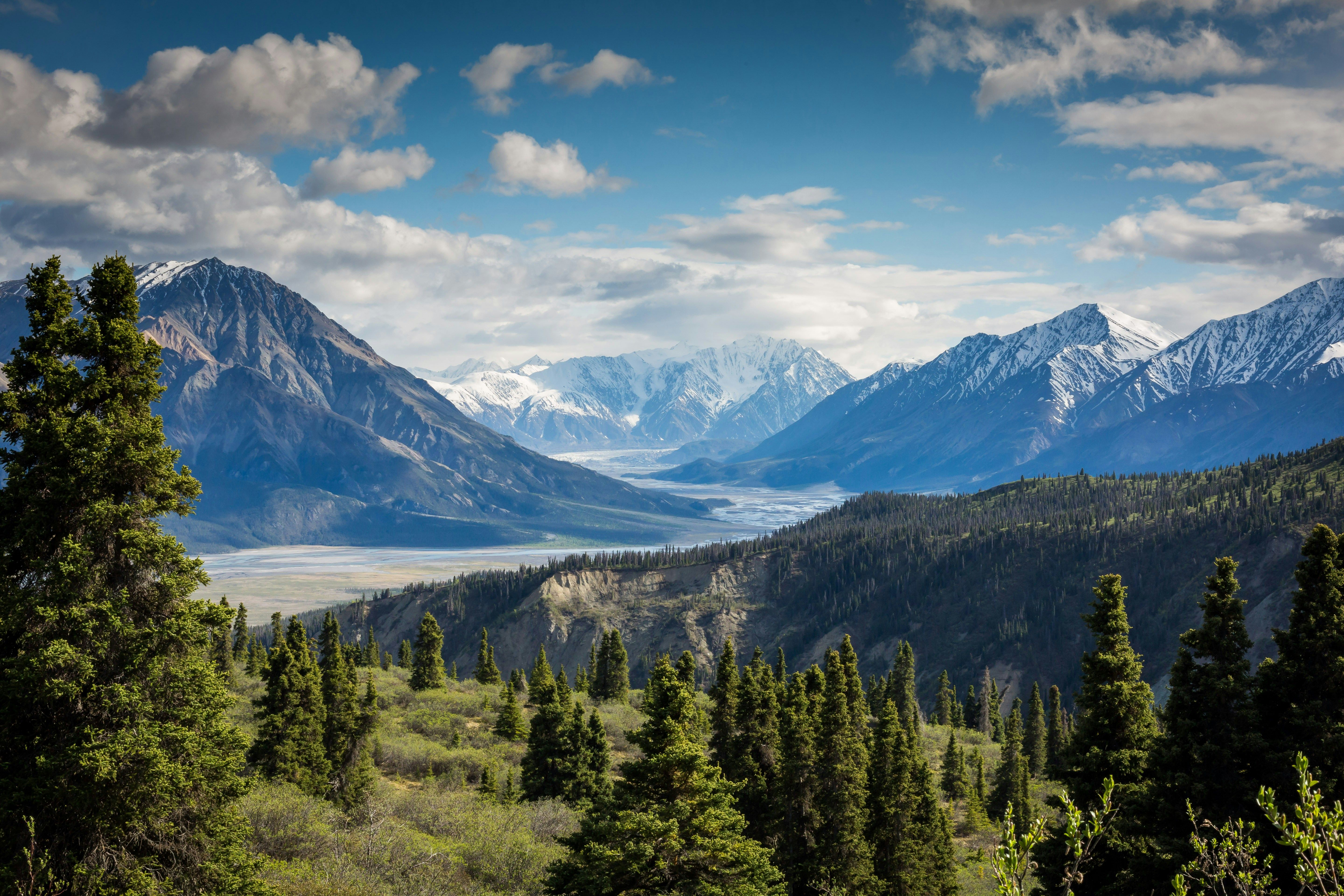Four States Facing Unprecedented Lawsuits from the U.S. Justice Department Over Climate Actions
States Face Lawsuit by Washington Over Actions Taken
The U.S. Department of Justice (DOJ) is making waves by suing Hawaii, Michigan, New York, and Vermont over their state-level climate policies, escalating tensions between federal and state energy regulations. Here's a breakdown of the core disputes and the legal basis behind these lawsuits:
State's Transgressions
- New York & Vermont: The DOJ accuses these states of enacting "climate superfund" laws, which impose strict liability on fossil fuel companies for climate damages. New York seeks $75 billion from energy firms, while Vermont follows a similar approach [1][2].
- Hawaii & Michigan: The DOJ targets these states for attempting to sue fossil fuel companies in state courts to recover damages linked to climate change impacts, such as sea-level rise and wildfires [2][5]. The DOJ claims these lawsuits seek to improperly regulate interstate emissions.
The Law's Backbone
- Preemption by the Clean Air Act: The DOJ argues that state laws like New York’s and Vermont’s are superseded by federal emissions regulations, violating the Constitution’s Supremacy Clause [2][5].
- Foreign Affairs Doctrine: The lawsuits assert that climate policy is a federal responsibility with international implications, and state actions encroach on this authority [2].
- Commerce Clause: The DOJ contends that state laws burden interstate commerce by targeting energy companies for global emissions rather than local conduct [2].
Trump's Legacy
These lawsuits stem from Executive Order 14260, issued by former President Trump, directing the DOJ to counter state policies deemed to obstruct domestic energy production. Attorney General Pam Bondi underscores the lawsuits' purpose to protect energy affordability and national security [1][2].
Key Statements
- DOJ’s perspective: "These state laws impose penalties on businesses for global actions that Congress has not permitted states to govern" [2].
- AG Bondi: "These heavy-handed and ideological laws threaten American energy independence" [1].
This litigation marks a novel federal challenge to state climate initiatives, testing the limits of regulatory authority amid partisan energy policy debates.
- The weather is a topic of concern as the U.S. Department of Justice (DOJ) is taking states to court over their climate policies, with Michigan being one of the four states involved.
- In 2023, the DOJ will challenge state climate initiatives, potentially setting a precedent in environmental-science and policy-and-legislation.
- The lawsuits against Hawaii and Michigan aim to stop them from suing fossil fuel companies for damages related to climate change impacts like sea-level rise and wildfires, according to the DOJ.
- The DOJ believes that these lawsuits, such as the one in Michigan, are an attempt to improperly regulate interstate emissions, which could impact war-and-conflicts and general-news.
- The policies of New York and Vermont that target fossil fuel companies for climate damages are controversial, and the DOJ believes that they violate federal emissions regulations set by the Clean Air Act.
- The lawsuits against these states are part of a legacy left by former President Trump, with Attorney General Pam Bondi stating that these laws threaten American energy independence and affordability, as well as national security.







